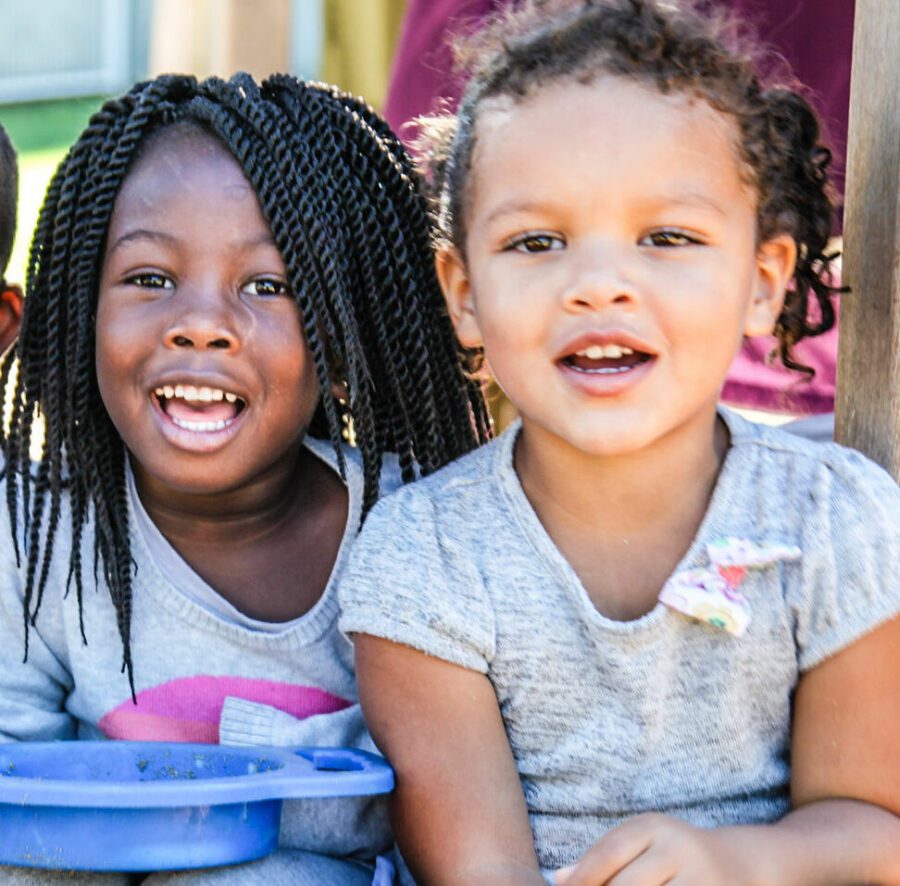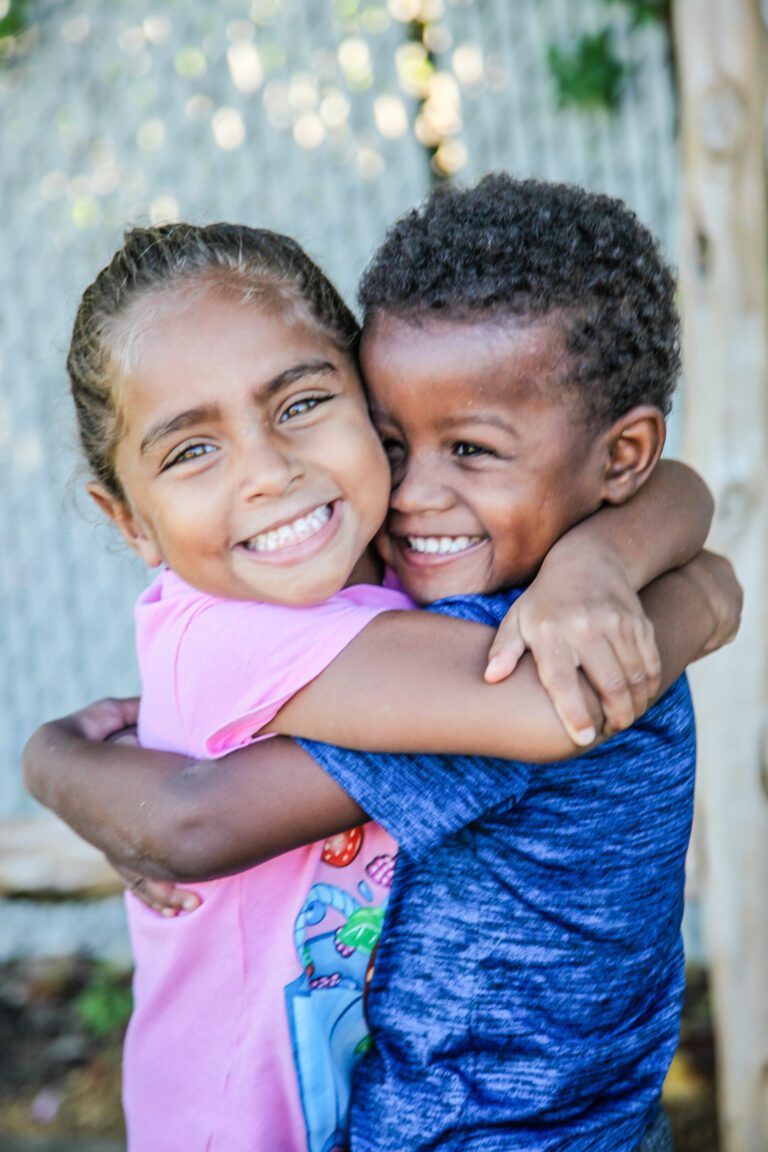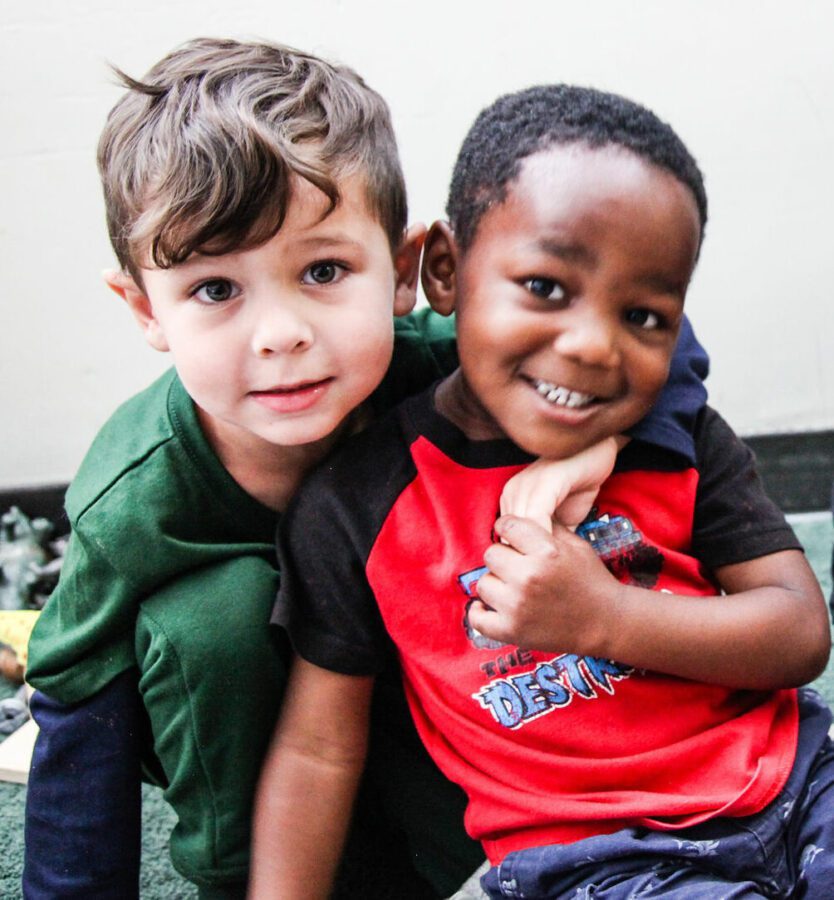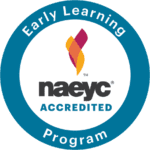Share the Vogel Mission
• 30-year educational institution for homeless children ages six weeks to 12 years old
• Parent Opportunity Center to help families Break the Cycle of Poverty through education and family support services
• Up to 200 children served daily and year-round
• Accredited by the National Association for the Education of Young Children (NAEYC)
• 50,000 sq. ft facility within walking distance of two major Dallas shelters
• Comprehensive S.T.E.A.M. curriculum, Conscious Discipline model classroom environment, low child to teacher ratios
• Licensed clinical social workers for each family unit
• All teachers have a certification to work in early childhood education, Bachelors or Master’s degrees
• Farm-to-table certification food service program regulated by the USDA
• Outdoor learning classroom and curriculum certified by the Arbor Foundation
• 2,000+ Volunteers engaged in enrichment activities both on and off-site

About Vogel
• Founded in 1987 as a direct result from a survey conducted by Thelma Vogel and Doris Budner, Vogel was created to help give homeless families residing in local shelters with the opportunity for free, quality childcare in a safe and nurturing environment.
• Understanding that shelters are not an ideal learning environment, Vogel was created to give parents of these children a location to enroll their children while they worked during the day or as they worked to repair their lives while on the road to recovery.
• Fueled by extensive research from the Casey Foundation, Vogel has embraced a “two-generation” model to break the cycle of poverty for homeless children and their parents.
Programs and Services
• Early Childhood Education
• Vogel’s primary focus is on the youngest victims of poverty, homeless children ages six weeks to five years old, with additional programs for children ages six to 12.
• Vogel is devoted to helping these children cope with the physical, emotional and mental trauma they are experiencing so that they might succeed in life despite their circumstances.
• Vogel has been part of an elite 8% of early childhood education programs nationwide, that share the distinction of being accredited by the National Association for the Education of Young Children.
• Parent Opportunity Center
• Services offered through the Parent Opportunity Department include one-on-one counseling and case management from a team of clinical social workers.
• Job Ready and Career Ready programs such as job searches, GED/ESL classes.
• Career training, College support through application assistance and financial aid.
• Family Support via the Parent Opportunity Center lab, which includes financial literacy classes, mini-grants and access to the Resource center and Computer Lab.
• On-site Mental Health clinic via a collaboration with the Dallas Psychoanalytic Center
• Partnerships for medical services with the Parkland Hospital HOMES program and a dental program for routine, on-site services

The Problem
• More than 3,000 children in Dallas go to sleep each night without a home of their own. We’re on a mission to help young children and families overcome the lasting and traumatic effects of homelessness. It is our vision that every child in our community has a home, a self-sufficient family and a foundation for success in school and life — and the clock is ticking.
• 90% of brain development happens by the age of five.
Without intervention at this critical time, homeless children may suffer lifelong social, emotional, and educational deficits.
That’s where we come in. And YOU can help
• With one of the largest GDP of any American city, major
cultural and sports programs, renowned medical centers
and universities and more than 20 Fortune 500 company
headquarters, Dallas is a thriving city with much to offer.
• Dallas has the one of the HIGHEST child poverty rates in the country among cities with more than 1 million people.
• 30% of Dallas children grow up in poverty, or two of every five children. But Vogel is devoted to helping these children cope with the physical, emotional and mental trauma they are experiencing so that they might succeed in life despite their circumstances.
The Effects of Homelessness of Children

Vogel intervenes with children at this critical time in brain development, providing trauma-informed care that helps to counteract the effects of homelessness
and put them on a path to success in school.

Our Approach
We understand that children living in trauma face unique challenges. Our highly-trained teachers and staff provide:
• Therapeutic Early Childhood Programming is accredited by National Association for the Education of Young Children (NAEYC). We utilize a research-based curriculum designed to help children living in traumatic circumstances like homelessness. Our approach helps to improve developmental outcomes, foster social/emotional skills and creates a pathway for success in school.
• Our Therapeutic School-Age Services include summer and school holiday camps for children in Kindergarten through 5th grade. These services “fill in the gap,” providing children with a safe place to learn, play and gain new skills outside of school hours.
• Mental Health Integration is a critical component of our programming. Being homeless creates a host of challenges for young children. We understand these issues and offer a mental health curriculum focused on social/emotional skill building and creating community.
• Our Health Services address the physical well-being of homeless children. We offer weekly, on-site access to medical care, two hot meals and a snack each day and daily nap time for kids who may not be able to get peaceful, uninterrupted sleep at night. We provide a full-time School Nurse for the basic health needs of our children, perform vision and hearing screenings and educate parents about children’s health.
• Our Family Support program is essential to our efforts because we cannot impact a child’s life without helping the whole family. Our family support staff provides case management, mental health support, resources such as diapers and clothes, assistance procuring housing and employment, parenting training and more.





